The Cowboy
Frederic Remington, a preeminent American artist of the late 19th and early 20th centuries, is renowned for his evocative visual representations of the American West. "The Cowboy", one of his most iconic artworks, captures the essence of the rugged and solitary life of a cowboy, a central figure in the mythos of the American frontier. Through vibrant use of color, dynamic composition, and precise brushwork, Remington brings to life the spirit of the West, depicting a lone cowboy astride his horse on an expansive, windswept plain.
The painting exudes a sense of heroism and stoicism, emblematic of the cowboy archetype. The figure is depicted in a moment of contemplation, gazing into the distance, embodying the resilient and independent nature historically associated with cowboys. Remington's skilled portrayal of the interplay between light and shadow further heightens the dramatic impact of the scene, evoking a palpable sense of the wilderness and untamed expanses of the American frontier.
Moreover, "The Cowboy" serves as a testament to Remington's adeptness in capturing the essence of the West with unparalleled authenticity, from the weathered textures of the cowboy's attire to the sinewy musculature of the horse. This attention to detail, coupled with Remington's masterful ability to imbue his subjects with vitality and emotion, cements "The Cowboy" as a quintessential representation of the enduring allure and mythos of the American West.
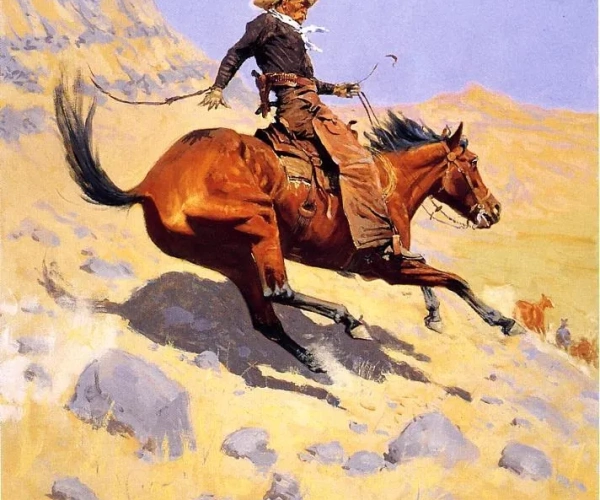
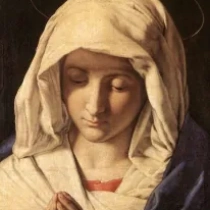
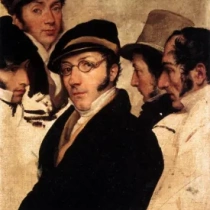
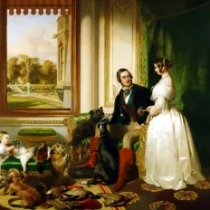
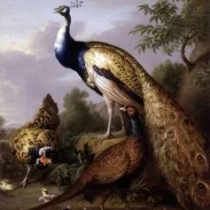


No Comments Yet...